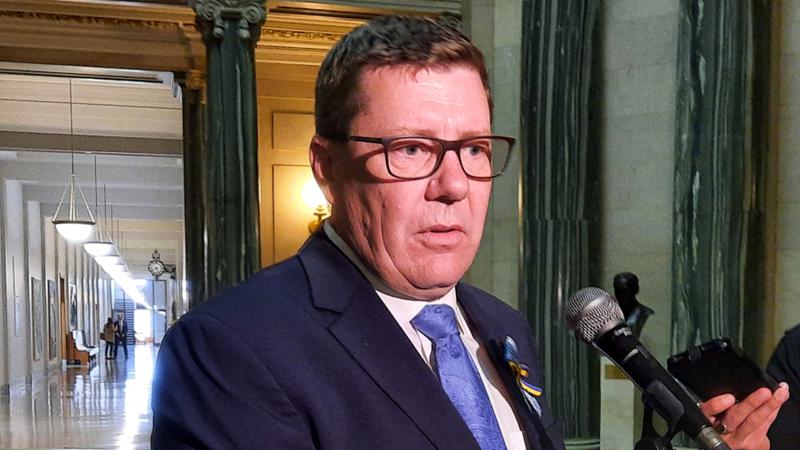
Moe intends to turn pronoun, sex ed policies into law in Sask.
Controversy has been brewing in Saskatchewan since the provincial government announced three new education policies around sexual education and pronoun changes.
Now, Premier Scott Moe said he intends to move them from just policies into law.
In an exclusive interview, Moe explained that’s the parental rights legislation coming down this fall that he teased at his premier’s dinner earlier this month.
“We will be introducing legislation to ensure that we take away any ambiguity around just how serious the government is on ensuring that school divisions are implementing the policies that Minister (Dustin) Duncan put forward and now Minister (Jeremy) Cockrill is communicating to the school divisions,” Moe said Tuesday morning.


